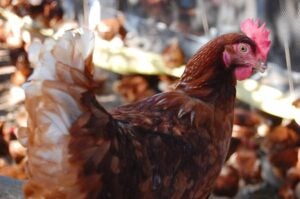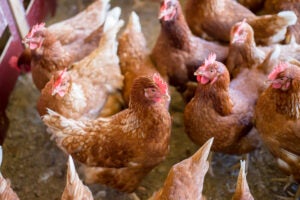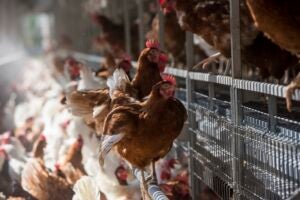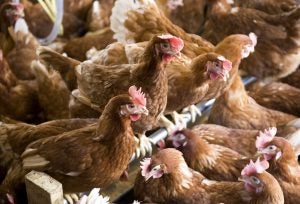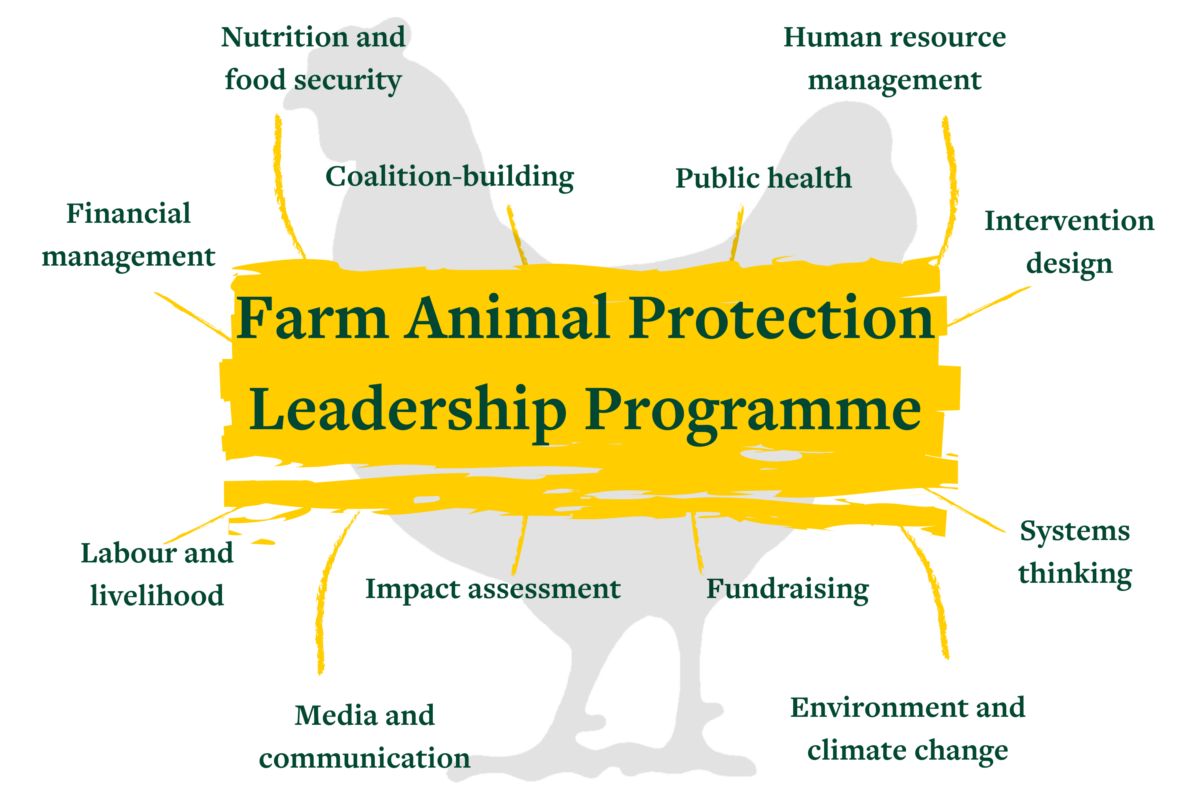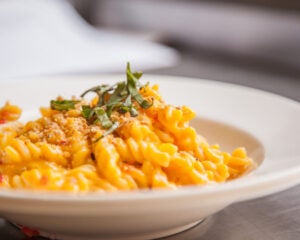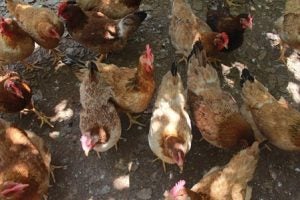
Update: As of April 2022, Fusion Hotel Group Viet Nam|Alba Wellness Valley by Fusion has published that it no longer buys eggs from caged hens.
HO CHI MINH CITY—Fusion Hotel Group is partnering with Humane Society International, a global animal protection organization, to improve animal welfare in its supply chain. To do this, Fusion has committed to sourcing 100% cage-free eggs, both in shell and liquid forms, in its existing and future properties in Vietnam, and elsewhere.
Fusion, which launched its brand of wellness-focused hotels and resorts in 2008, is the only fully vertically integrated hospitality company in Southeast Asia. All of Fusion’s locations in Vietnam, in Da Nang, Cam Ranh, Ho Chi Minh City, Hue, Phu Quoc, Quy Nhon and Vung Tau, will start implementing the use of cage-free eggs by 2021 and to reach 100% by 2025.
With this commitment, Fusion Hotel Group becomes the first Vietnam-based hotel and resort company to join the international cage-free egg movement. Phuong Tham, HSI Vietnam country director, said: “We are delighted with Fusion’s commitment to a cage-free egg policy. We appreciate its desire to lead the way among hospitality companies to a higher standard of corporate-social responsibility for animal welfare in the country.”
HSI actively supports companies throughout South East Asia with the implementation of their animal welfare policies. This includes conducting workshops for a range of stakeholders. Fusion’s commitment reflects what previous workshop participants have stressed: The future is cage-free.
Samir Wildemann, Fusion’s vice president of operations, said: “We are proud of our commitment to corporate social responsibility and responsible consumption, which includes animal welfare in our supply chain. There is a growing demand for higher welfare and quality products, and cage-free eggs are a key example of humane and sustainable ingredients.”
Battery cage systems are infamous worldwide for confining hens in tiny spaces, no bigger than an A4-sized sheet of paper; hens in these systems cannot move freely or fully spread their wings. In Vietnam, the majority of egg-laying hens live in battery cages.
But there is progress being made around the world for egg-laying hens, as more corporations choose to emphasize animal welfare in their supply chains, which is good news for billions of these birds.
ENDS
Media contacts:
- Hang Le, Humane Society International: hanglt@hsi.org
- Nguyen Hong Phuong, Fusion Hotel Group: phuong.nguyen@fusionhotelgroup.com

